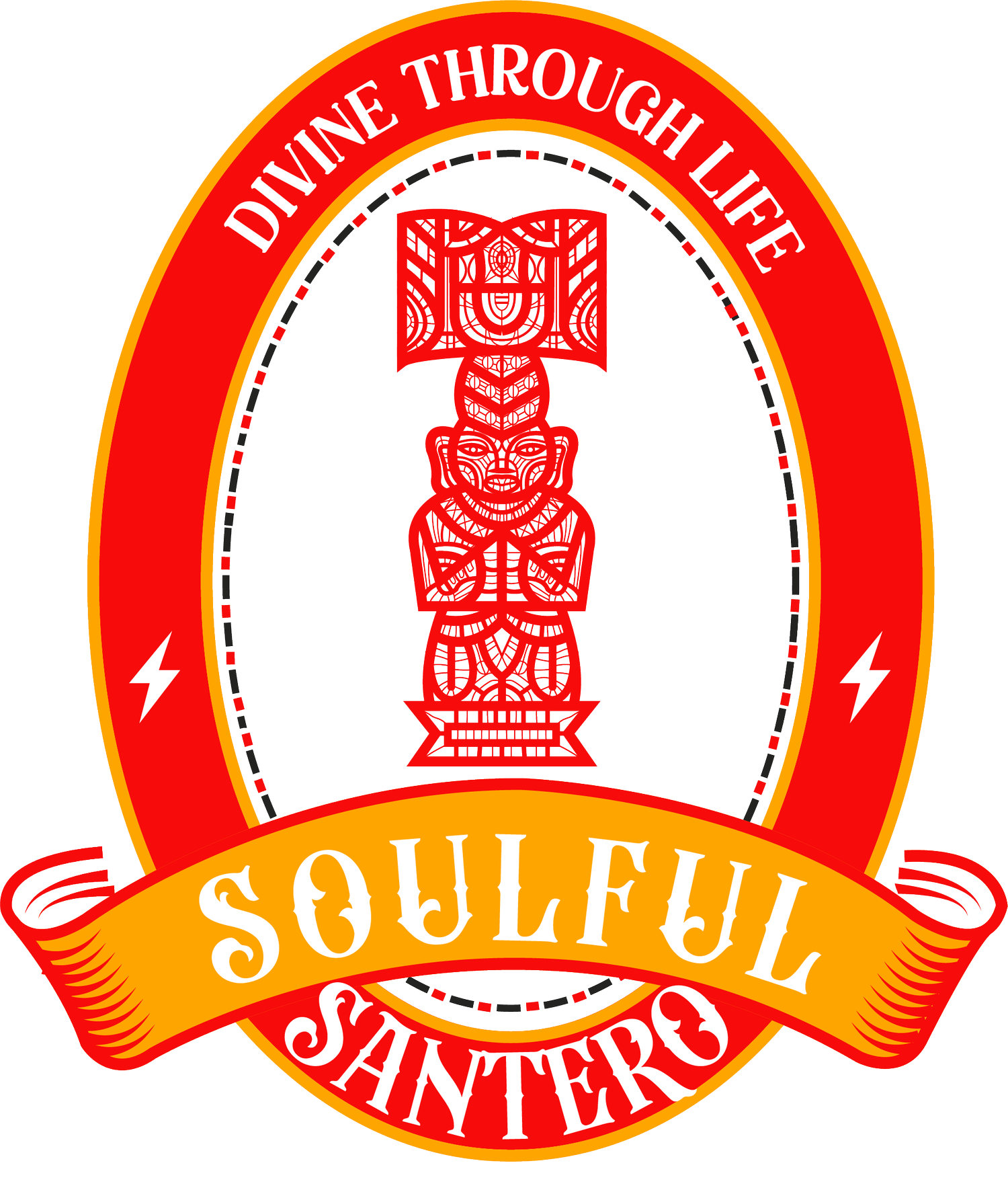ETHICS: DOING THE RIGHT THING IN ROOTWORK
One of the other bedrock threads tying together my classes on Hoodoo, especially my “Working the Roots” class, is how important it is to be a worker with an ethical foundation. Before diving into that, though, I want to talk a bit about what I believe ethics are.
The essence of ethics can be summed up as the personal decision to do what's right, even when no one is watching. This definition implies that the individual making this choice has a clear understanding of right and wrong. In our complex world, filled with identity politics and other complexities, this can be a challenging task.
Or is it? Is it that hard to do the right thing, especially when no one is watching? Sometimes it can be. I often see this in the hospice healthcare world of which I am a part. Sometimes, an End-of-life choice an adult child has to make for a parent comes down to risks versus benefits. But even more deeply than that is the ethics of the choice. In that situation, the ethic is for the child to decide based on what their parent told them they did or did not want in their end-of-life care. Or, the child has to reflect on earlier life conversations with their parent. This doesn’t make certain choices less complicated, but it prevents most people from having any crisis of conscience because even if it is a choice I would not make for myself, I am honoring what the person told me.
Ethics in Hoodoo is much the same. You use the classroom laboratory to work out your ethics. The result of this is if you decide to be a professional worker, then when people bring dubious cases to you, you have your own compass to follow. That compass will give you the boundaries and, in some cases, barriers you will or will not cross. As an example, a no-no for me is working on or against children for baneful magic. Even if a child is horrible to another child, they are still children, undeveloped, and with a whole life ahead of them to reflect on their destructive behaviors.
In teaching about ethics in Hoodoo, I don’t tell people what’s right or wrong. I realize context is a significant determinant in shaping moral and ethical situations. What I do is present material, discuss the moral or ethical dimensions of it, and invite the cohort into a conversation with myself and each other to determine what kind of rootworker each person wants to be. I will exercise examples of how I feel or believe in ethical issues so people can see what living by certain moral principles can look like. I think this is authentic, allowing each student to shape themselves with the support of the virtual learning community.
If this sounds interesting or would benefit your practice, please join us. You will be glad you did!
